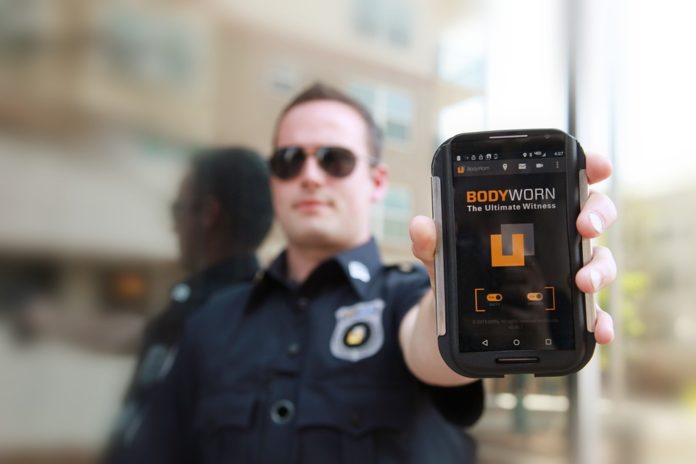MINNEAPOLIS- The University of Minnesota Board of Regents announced that it is planning to start a test period for using body cameras on university police officers.
The policy states that:
“The University of Minnesota Police Department may provide members with access to portable recorders for use during the performance of their duties. The use of recorders is intended to enhance the mission of the Department by accurately capturing contacts between members of the Department and the public.”
Much of the rest of policy looks closely at making sure that the policy enacted at the University of Minnesota is inline with other state statutes. One such statue mostly looks at the logistics and review of recordings. This statute holds that the police department (often via the Chief of Police) should appoint a coordinator for the filing and examination of these audio and visual recordings. In addition, the coordinator will work with the Custodian of Records at the Department in order to maintain the organization of the audio and visual recordings. The statute goes on, stating that, “All recordings should be reviewed by the Custodian of Records prior to public release.”
This last bit could potentially lead to backlash from the NAACP or the American Civil Liberties Union, who in the past have often held that this practice of prior review gives police the possible ability to doctor videos prior to their release to the general public.
Other parts of the university policy inform officers that the recording devices remain the property of the university police department and that there should be no expectation of privacy. This policy also guards against tampering of body cameras by individual officers.
On June 8, the Board of Regents Facilities committee had a meeting which allowed for public comment, however, there was no one who stepped forward to make any statements. The chair of the committee indicated that the allowance for public hearing followed the direction of state statute.
















